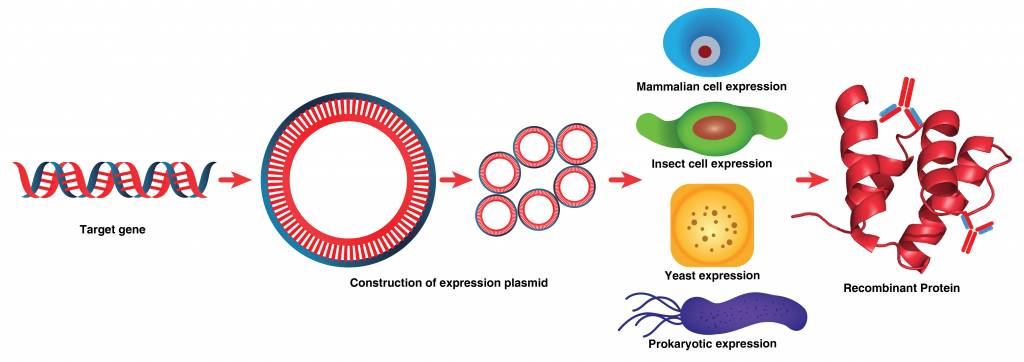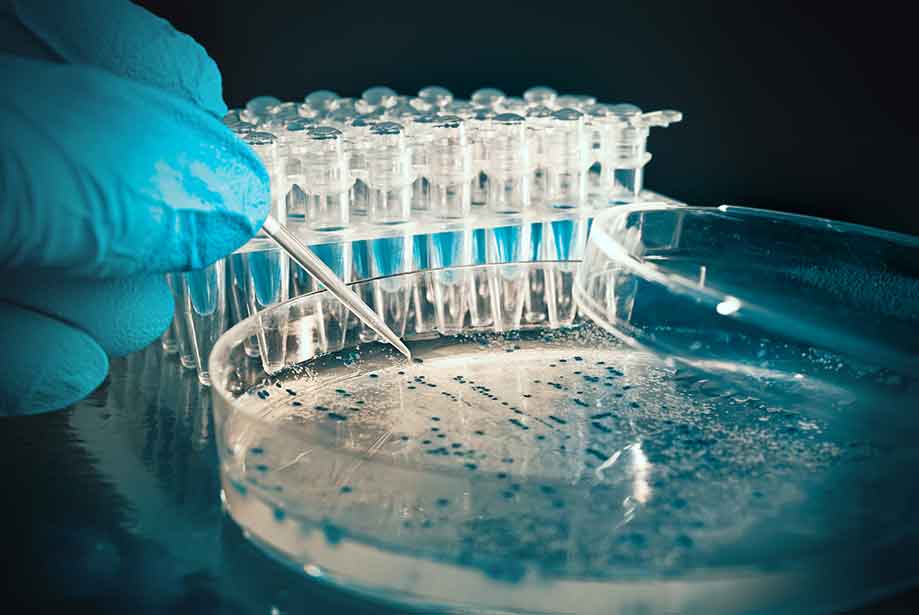How Much Does It Cost to Use a Protein Expression Service?
Setting up a protein expression service can be expensive, depending on the type of service you’re looking for. Here are three factors to consider when estimating the cost: how much protein you need, the type of protein expression technology you choose, and the number of cells you’ll need.
For small-scale projects, using a custom protein expression service can be cheaper than creating your own custom expression system. However, if you need high volumes or require specific features not offered by commercial services, your costs will increase. The most expensive option is custom engineering and production, which can range from $5 per kilogram to $50 per kilogram.

Image Source Google
When choosing a protein expression technology, you’ll also need to consider costs associated with equipment and materials. For example, using an E. coli Expression System (ECES) can be cheaper than using a mammalian cell system, but you’ll need to purchase additional supplies (e.g., lysates) and equipment (e.g., heaters).
Finally, factor in the number of cells you will need for your project. Each cell line needs to be grown in vitro before being used in a protein expression service. There are a number of options for transfection. You may opt for cell-based methods such as calcium phosphate precipitation or electroporation; alternatively, if you have the budget, there are lots of mammalian cell culture options available including serum starved HeLa.
